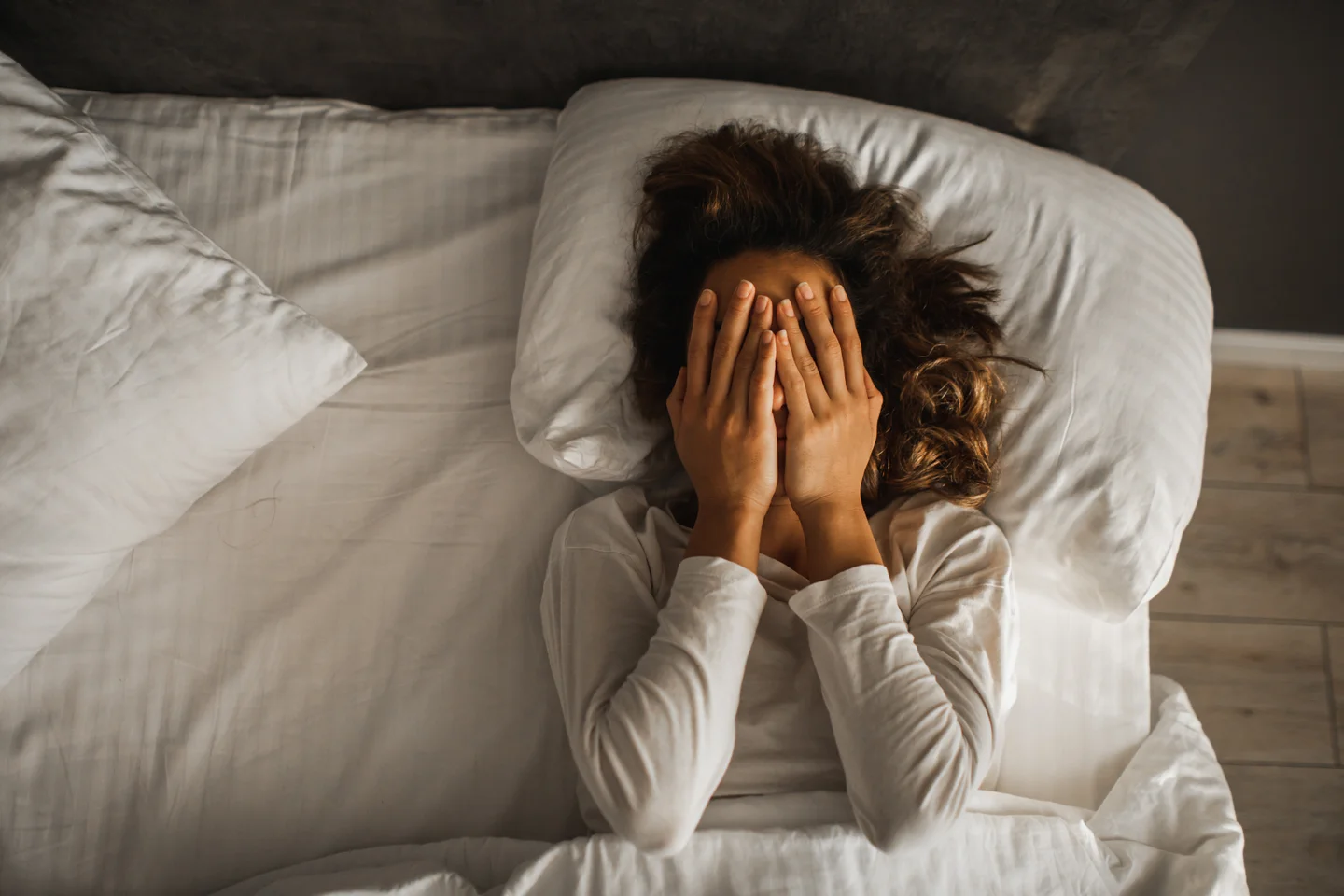From Oura rings to mobile apps to smart mattress pads, sleep-tracking technology is abundant nowadays. These tools promise to help us improve our rest by sharing insights into how much we sleep, how well, and even when we should go to bed and wake up. But this tech-driven pursuit of better sleep isn’t always so helpful. In fact, for some people, it might even be counterproductive to that ultimate goal, giving rise to a condition experts have dubbed “orthosomnia. Orthosomnia is when people get so caught up in trying to sleep ‘perfectly’ that the stress keeps them from sleeping well,” Dr. Raj Dasgupta, a sleep medicine doctor and chief medical advisor for Sleepopolis, told HuffPost. “A lot of the time, it’s triggered by sleep tracker data. People see a low score and start worrying about it night after night. Ironically, the harder they try to control their sleep Symptoms of orthosomnia may include excessive concern about sleep duration and quality, anxiety related to data insights from sleep trackers and monitoring, excessive time spent trying to improve metrics and perhaps difficulty falling or staying asleep concerning an attempt to improve metrics Orthosomnia is a newer issue,” Dasgupta said. “The rise of wearable tech and sleep apps has made people hyper-aware of their sleep patterns, sometimes to the point where it backfires. These tools can be helpful, but if you’re relying on the numbers more than on how you feel, that’s where problems start A big issue with orthosomnia is that even the best sleep trackers are not accurate, so people who are getting solid sleep might come to believe otherwise ― leading to stress that subsequently does harm their sleep. “Treatment for orthosomnia may involve curtailing use of sleep tracking and reading on improvement in sleep metrics, at least for a time, to see if this improves symptoms
Thank you for reading this post, don't forget to subscribe!Orthosomnia Might Be Ruining Your Sleep Here What You Should Know



